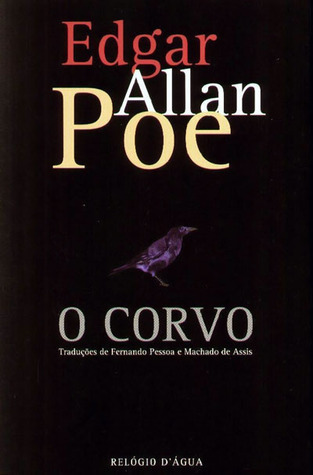What do you think?
Rate this book


110 pages, Paperback
First published January 1, 1845





And my soul from out that shadow that lies floating on the floor
Shall be lifted—nevermore!

The Mirror's editor, Nathaniel P. Willis included a short preface to "The Raven", in which he wrote:In our opinion, it is the most effective single example of "fugitive poetry" ever published in this country, and unsurpassed in English poetry for subtle conception, masterly ingenuity of versification, and consistent sustaining of imaginative lift...




“And the raven, never flitting, still is sitting, still is sitting
On the pallid bust of Pallas just above my chamber door;
And his eyes have all the seeming of a demon that is dreaming,
And the lamp-light o’er him streaming throws his shadow on the floor;
And my soul from out that shadow that lies floating on the floor
Shall be lifted – nevermore!”


